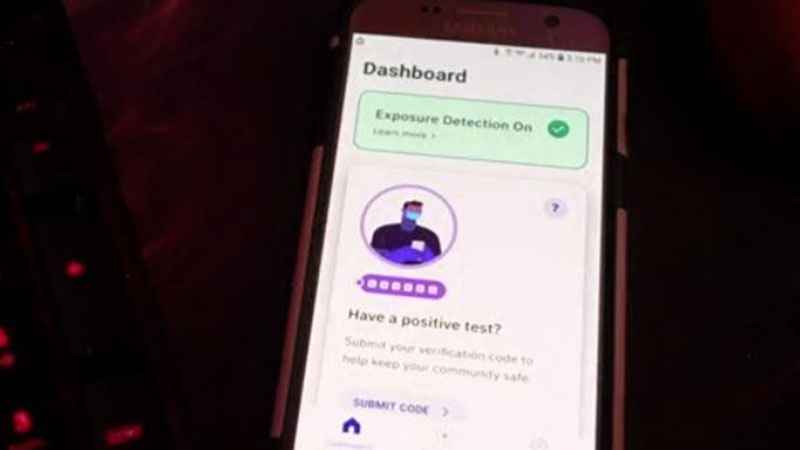Minnesota health officials discuss new strain of coronavirus, COVIDaware MN alerts
Over the weekend, health officials confirmed Minnesota’s first cases of a more contagious strain of the coronavirus
It originally surfaced in the United Kingdom in September. The five cases are all located in the Twin Cities area in Hennepin, Ramsey, Dakota and Carver counties.
"This is circulating in Minnesota," said Kris Ehresmann, the infectious disease director with the Minnesota Department of Health. "We have identified these four counties, but we have been looking for this and know it’s circulating."
The strain is not known to cause more serious disease but is thought to be more easily spread and impacts younger populations.

[KSTP]
"We don’t know why the variant affects more younger age groups, it’s too early to tell," said Sara Vetter, assistant director of the Minnesota Department of Health Public Health Lab.
Follow KSTP’s complete COVID-19 coverage
The cases in Minnesota have been tracked in 15 to 37-year-olds. None of the cases have required hospitalization.
"We do expect to see cases go back up in Minnesota as we have seen in other states, because of holidays and winter wearing on and more indoor time, and if this new variant is circulating, which we now know it is, that also is likely to put upward pressure of the trajectory on our caseload," Minnesota Department of Health Commissioner Jan Malcolm said.
In a push to increase awareness, many iPhone users around the state received an alert Monday about turning on COVID-19 exposure notifications in their phone settings. COVIDaware MN is an entirely optional program.
Anyone who tests positive for COVID-19 will receive a secure code to enter into their phone.
Once entered, anyone who has been near that person will receive an exposure notification.
"It is a really a data privacy-centric solution that does not ever track your identity or your location or any personal information about you," said Tarek Tomes, commissioner of Minnesota IT Services.
"Notifying friends, neighbors, loved ones, people that you don’t know as quickly as possible to the possibility of an exposure is really critically important," he added.